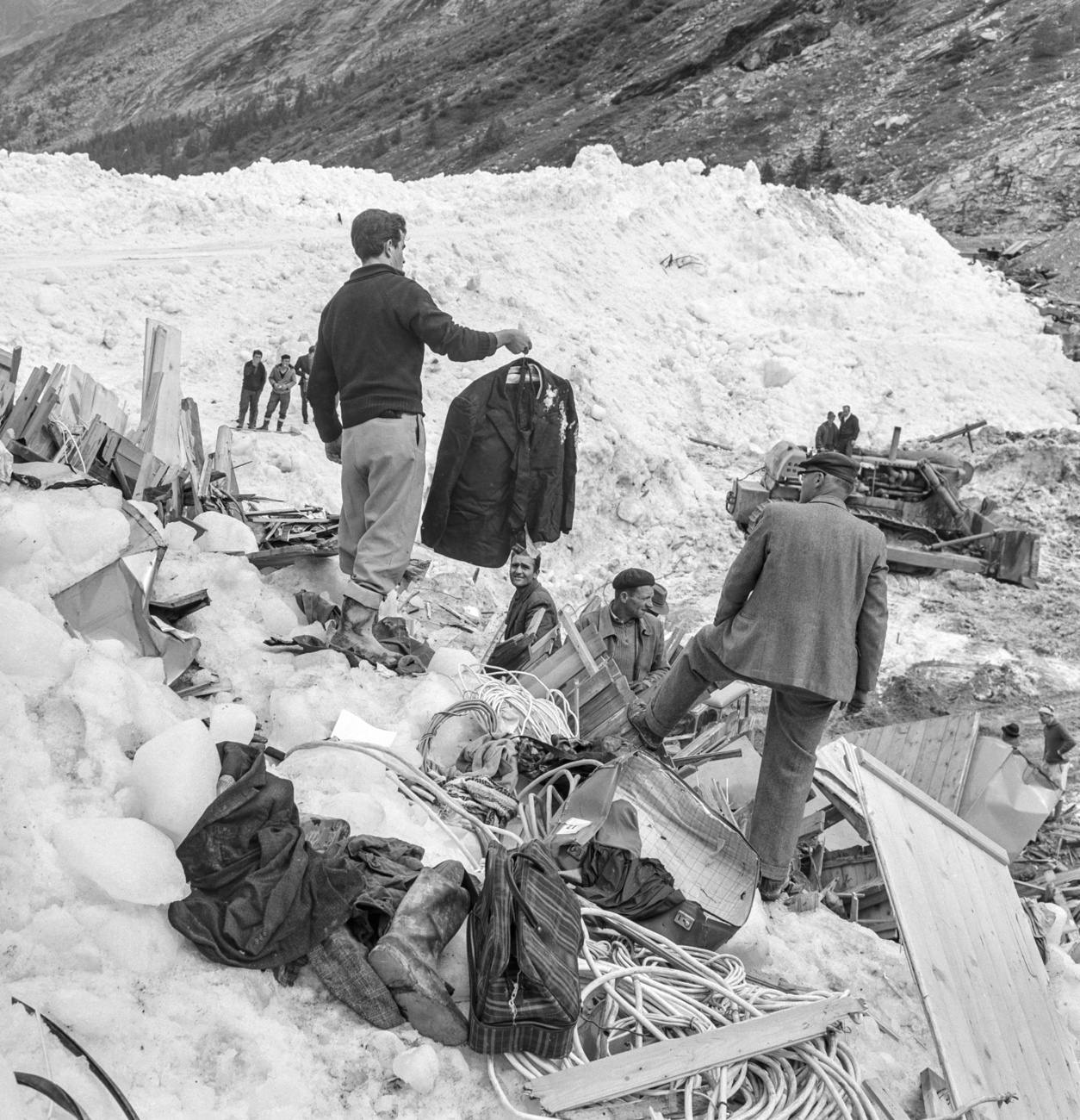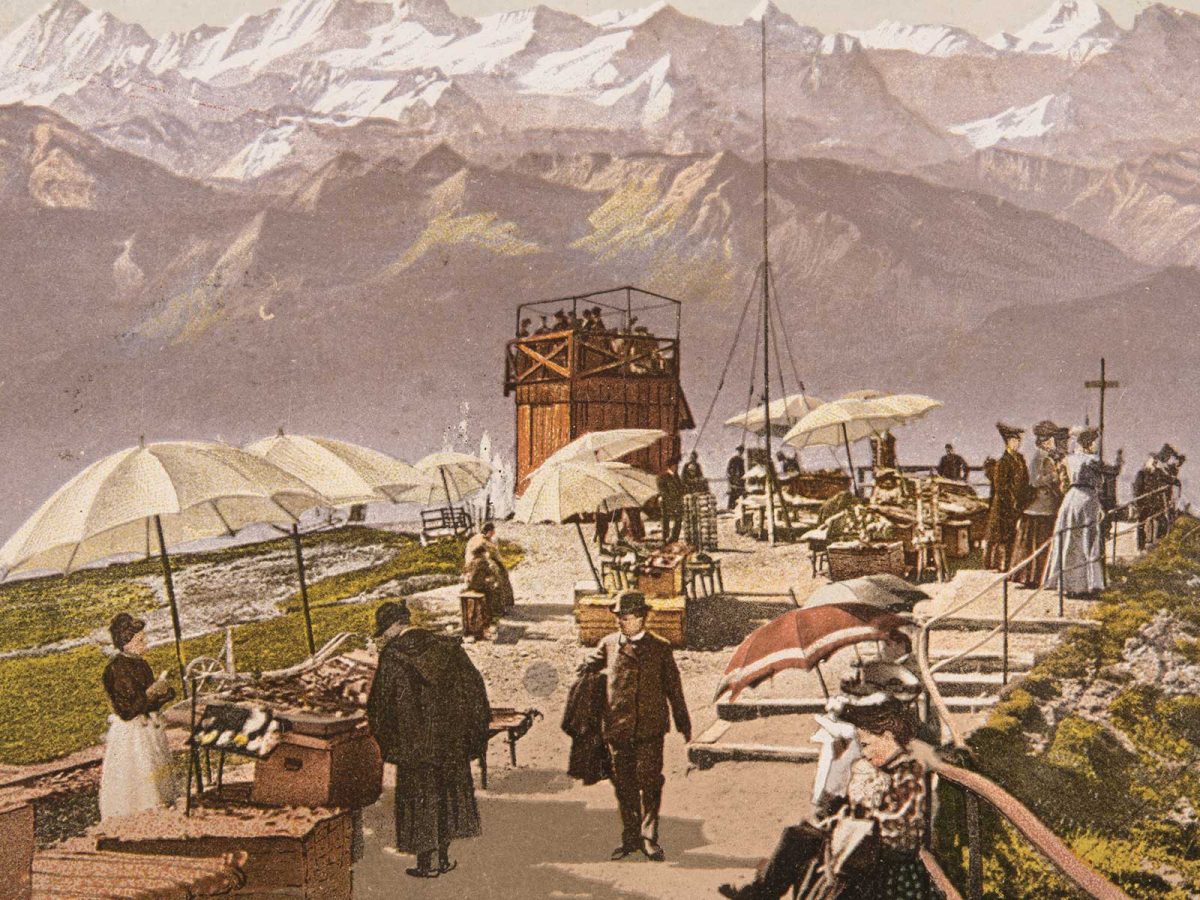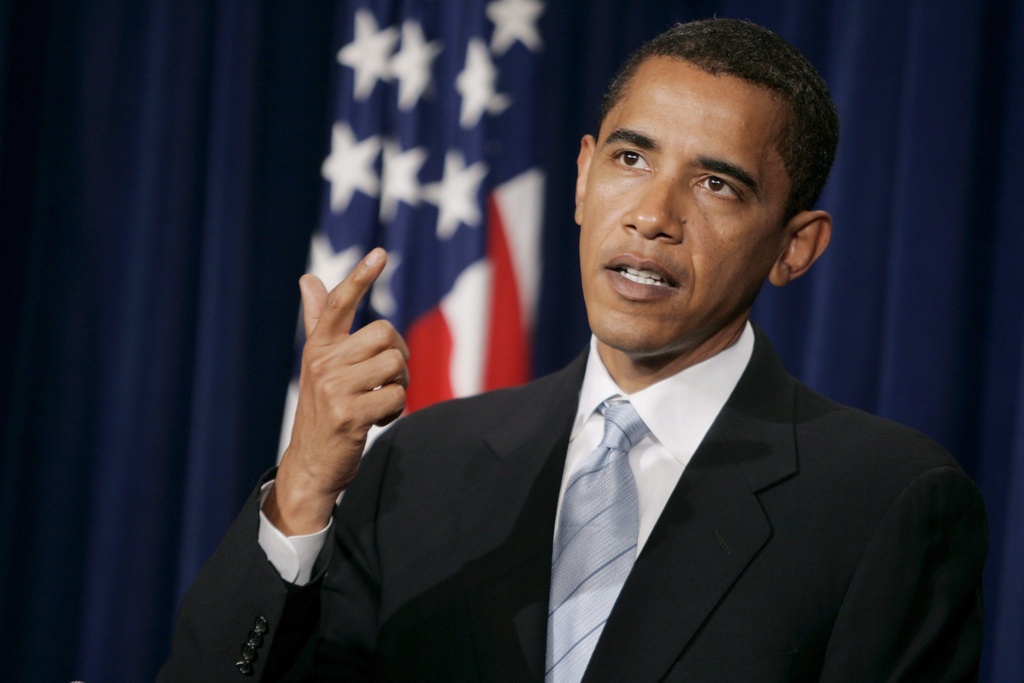
Swiss-American trade may face rough ride

Trade between Switzerland and the United States is “strong and healthy” but new US rules may well prove a burden, according to the Swiss-American Chamber of Commerce.
The prospect that incoming regulations could harm relations is also a concern of the Swiss ambassador in Washington, Urs Ziswiler, who has called for some careful consideration.
The chamber, which is based in Zurich, said on Thursday that the business relationship would have been put “under considerable stress” had the Swiss parliament not ratified a bilateral treaty in June, providing the US authorities with details of about 4,500 UBS bank accounts of American clients suspected of cheating the taxman.
It added that although there were negative headlines about banking secrecy and UBS in the media, bilateral trade was resilient.
While the economic crisis left its marks in the trade and investment statistics, it turned out more positive than among other trade partners.
With 9.8 per cent of Swiss exports – valued at SFr17.7 billion ($16.8 billion) – in 2009, the US was again the second-most important partner, behind Germany but ahead of Italy and France. The volume is triple the exports to China.
Switzerland has a large trade surplus of SFr9.6 billion with the US.
“No surprise”
“It’s not a surprise at all. We see how very active and very successful Swiss businesses are in America,” the chamber’s chief executive Martin Naville told swissinfo.ch.
“We’ve heard a lot of very bad news, certainly about banking secrecy and the UBS case, but when you look beyond that, we see a lot of very positive things happening between the two countries.”
Foreign direct investments continue to grow on both sides of the Atlantic: the US continues to be the largest foreign investor in Switzerland and increased investments by 15 per cent in 2009.
Swiss direct investments in the US increased by ten per cent, with Switzerland the sixth-largest investor in the country.
It’s not only the big Swiss companies that account for bilateral trade. There are small and medium-sized niche players which have made a name for themselves in the US market.
Coffee and motors
For example, Thermoplan of Weggis makes the coffee machines used in Starbucks coffee shops, while products manufactured by Maxon Motors of Sachseln in canton Obwalden have been used in Nasa space projects.
Although the figures give a positive picture about bilateral trade, there is another side to the coin. This is where new and upcoming US legislation may have an adverse effect.
“Switzerland is not specifically targeted by any American legislation. It’s just that Switzerland proportionally to the size of the country has much more business with the US than most other countries around the world,” Naville said.
This will expose Switzerland to a raft of measures considered by many as having a negative influence on international business with the US.
Swiss ambassador Ziswiler has spoken to the chamber about the “dismal” state of US finances and the understandable reaction by the Obama administration and many members of Congress to “exhaust all available sources of income”.
More tax revenue
He was referring to legislation “aimed at generating additional tax revenue from certain internationally active companies” which could “potentially make economic exchanges between Switzerland and the US more difficult”.
“We call on American lawmakers to legislate in a way that does not violate the intentions of existing agreements between our countries.”
Naville notes there is a whole series of regulations coming into effect in the US over the next 24-36 months demanding more reporting requirements and justification. They will be difficult to achieve and increase administration and risks.
“This just adds a lot to the complexity, so Switzerland is obviously affected because of the large volume of business. The pendulum always swings very fast and very wide in America and I hope that after the mid-term election [on November 2] there will be a bit more bipartisanship, a little more common sense,” he said.
“I think the [financial] crisis has shown that some regulation is very important, but regulation should always be meaningful and go for results and not [just be there] for show.
Robert Brookes, swissinfo.ch
Switzerland and the US have a long history of friendship and partnership.
In the late 18th century the newly founded US looked to Switzerland for the optimal form of government structure.
Both countries have a unique form of federalist government.
Only in the US and Switzerland can you find a strict separation between the legislative branch (US Congress and Swiss parliament) and the executive branch (US president and Swiss government).
Switzerland looked to the US when it worked on drafting the first Swiss constitution in the mid-19th century.
(Source: Swiss-American Chamber of Commerce)
Largest Swiss companies in US (2010)
1) Nestlé (58,500 employees)
2) Roche (25,000)
3) UBS (24,414)
4) Novartis 20,460)
5) Zurich Financial Services (12,293)
Largest US companies in Switzerland (2010)
1) McDonald’s (estimated 6,800)
2) IBM (3,510)
3) Johnson & Johnson (3,130)
4) Philip Morris International (estimated 3,000)
5) Procter & Gamble (2,800)
(Source: Swiss-American Chamber of Commerce)

In compliance with the JTI standards
More: SWI swissinfo.ch certified by the Journalism Trust Initiative







































You can find an overview of ongoing debates with our journalists here . Please join us!
If you want to start a conversation about a topic raised in this article or want to report factual errors, email us at english@swissinfo.ch.